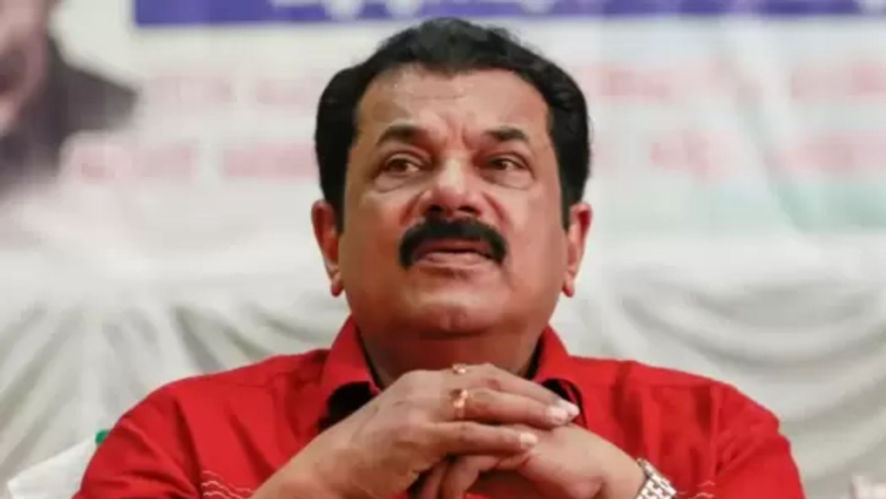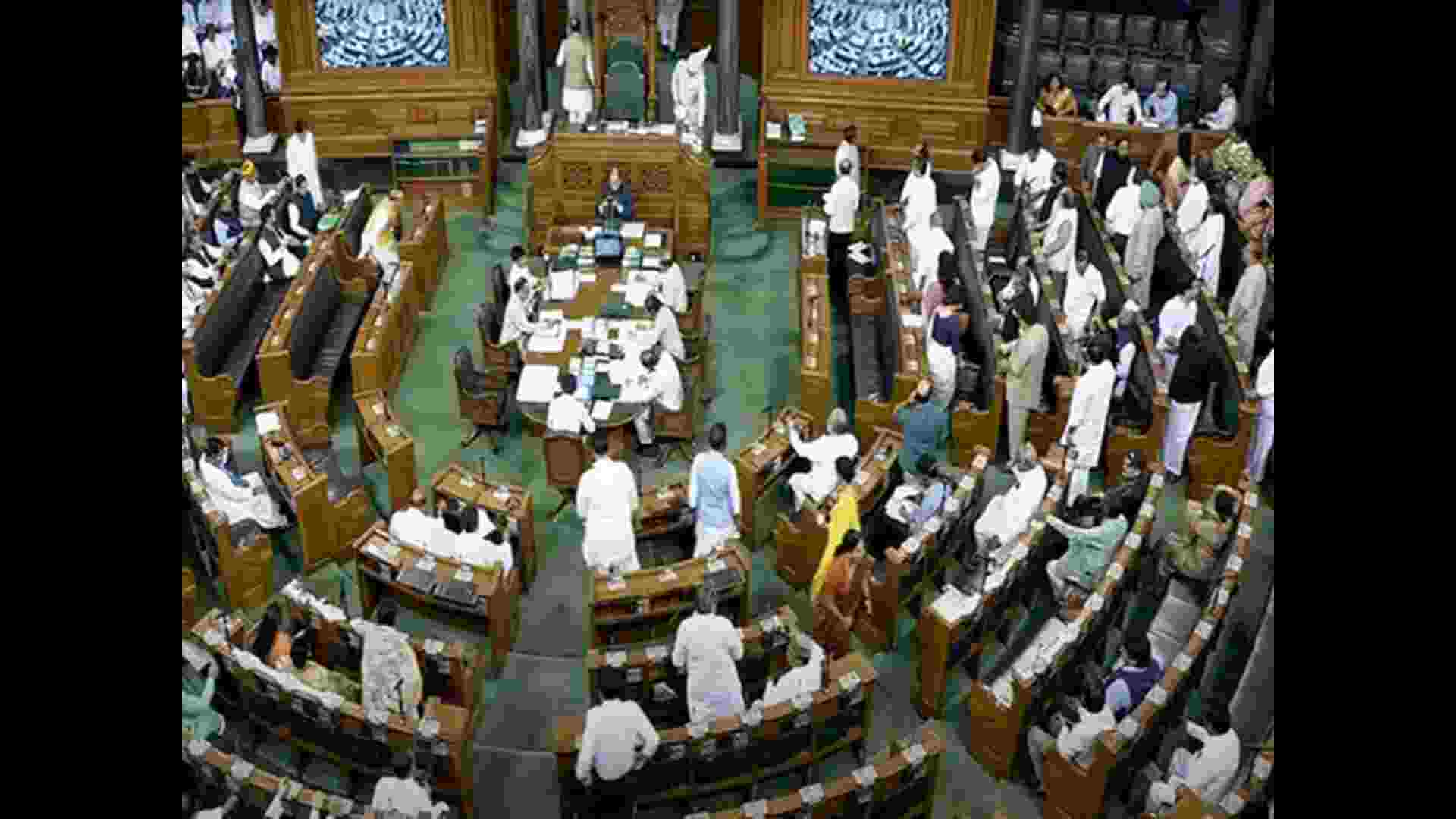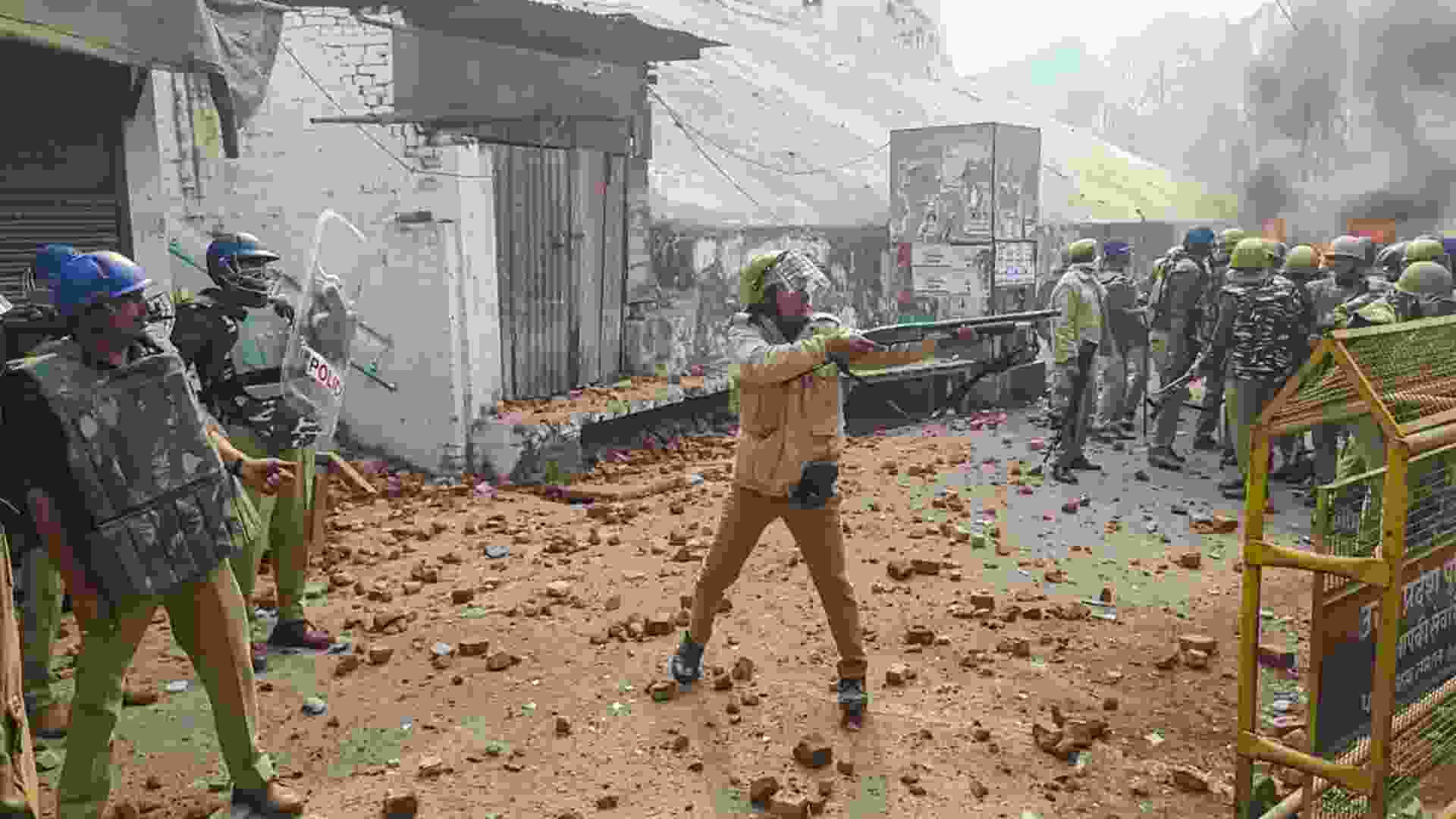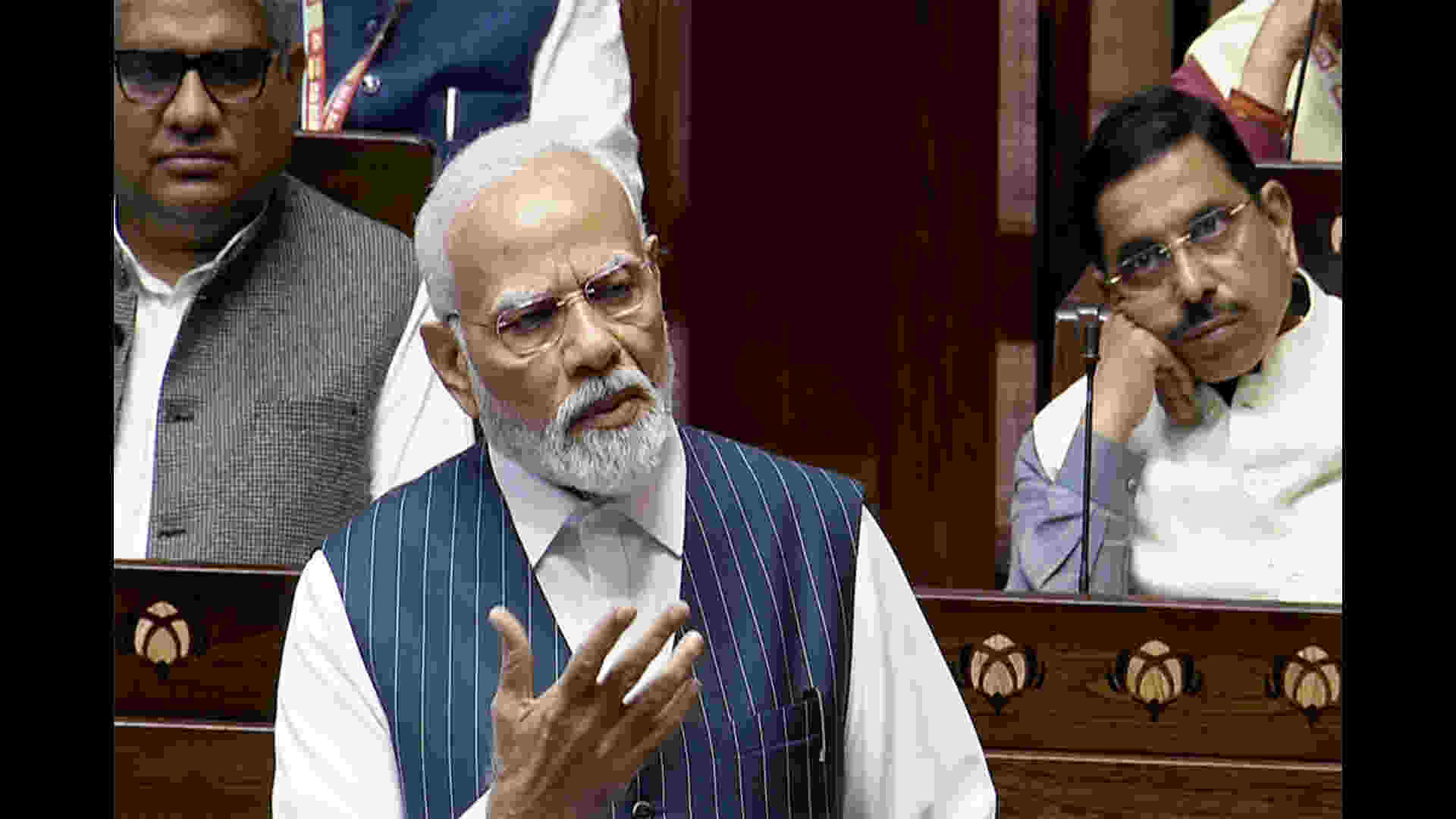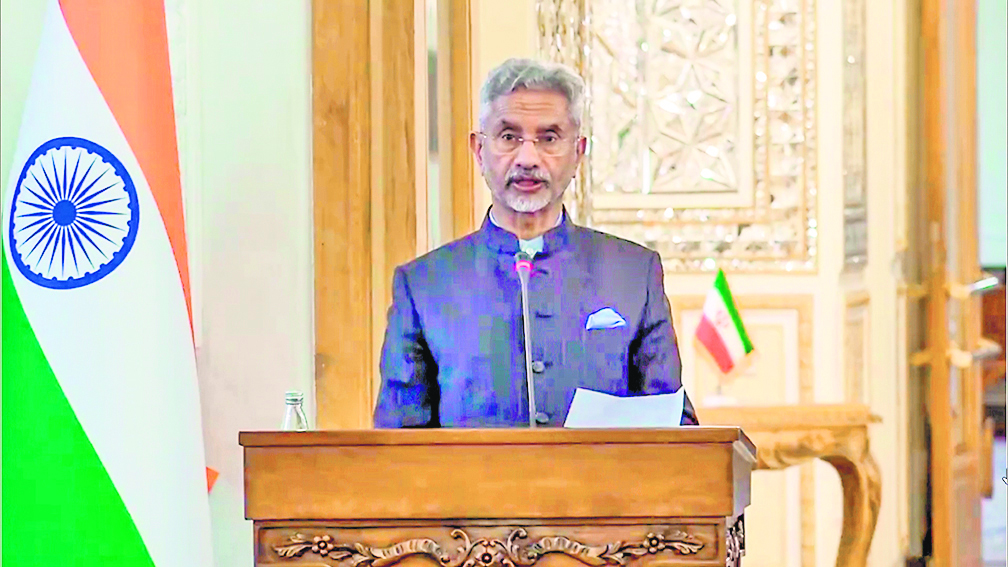
With China set to give a fresh impetus to its plan to expand footprints in Bangladesh, India is keen to discuss this issue with Dhaka and understand its perspective on the same. External Affairs Minister (EAM) S Jaishankar will be discussing “China” in this context during his upcoming meeting with his Bangladeshi counterpart Hasan Mahmud, sources told The Daily Guardian.
“Our diplomats are making an in-depth assessment of the on-going and upcoming Chinese projects in Bangladesh in view of this forthcoming meeting of the foreign ministers of the two countries,” sources added. The newly appointed foreign minister of Bangladesh will visit India for three-days starting from February 7 in what will be his first visit abroad since taking charge. Hasan had earlier visited India as Information Minister in the Sheikh Hasina government.
While there are several matters that will be discussed during the talks between Jaishankar and Hasan Mahmud, Chinese activities in the region and neighbourhood will figure prominently, sources added. “We are aware that Chinese President Xi Jinping has asked the government officials and diplomats in Beijing to ramp up outreach to Bangladesh in a much bigger way as soon as possible. This is being seen by the Ministry of External Affairs officials in New Delhi as nothing but China’s plan to work expeditiously towards making more inroads in Bangladesh,” a diplomatic source told The Daily Guardian.
According to officials here, the statement of Chinese Ambassador to Bangladesh Yao Wen two days ago is an indication about “what is cooking in Beijing”. Wen said China is ready to work with Bangladesh to “expand new cooperation” in a wider range of areas, reported a Dhaka based newspaper. He mentioned higher levels of connectivity, renewable energy, financial stability, digital empowerment, scientific and technological innovation, agriculture and food security, poverty alleviation and sustainable development as areas of cooperation. A diplomat in New Delhi said, “This is not about expanding new cooperation by China but about expanding inroads and footprints in Bangladesh. Newer areas have been identified by China.” “This is how the Indian diplomatic establishment is interpreting the Chinese envoy’s remarks,” he adds.
So, with this in view, the India side would try to seek the perspective of Bangladesh on the same during the visit of Foreign Minister from Dhaka. In fact, China is in a hurry to form a more robust partnership with Bangladesh ever since Sheikh Hasina was re-elected the Prime Minister of the country in the recently held elections there.
“This is aimed at extending the sphere of influence,” sources said. There is no doubt that Bangladesh’ economic and defense ties with Beijing have grown significantly in recent years. What India is monitoring so closely is that China is financing Dhaka’s first submarine base. Last year, Bangladesh inaugurated a $ 1.2 billion submarine base in Cox’s Bazar.
The base was built with Chinese help, causing concern in India. The development was seen as the Chinese PLA’s move to covertly step into India’s sphere of influence. However, the Hasina government has denied being under the influence of China. The government in Dhaka has also clarified that no strategic foothold of China is being allowed. Meanwhile, the Chinese Foreign Minister has said that the country’s investment in Bangladesh now stands at about $1.5 billion. Bangladesh has also been part of China’s Belt and Road Initiative (BRI) since 2016. Moreover, the China-funded project proposal on the Teesta River is also a cause of concern for New Delhi. In fact, the Bangladesh government is considering a Chinese proposal to undertake dredging and embanking on key sections of the river.
There are several such issues that India would like to discuss with Bangladesh. “Foreign Minister Hasan’s visit will be a good opportunity for the Indian side to bring up the same,” said an official. Hasan told the media in Dhaka that the agenda for his visit is being worked on and that the visit follows an invitation by his counterpart Dr S Jaishankar.
